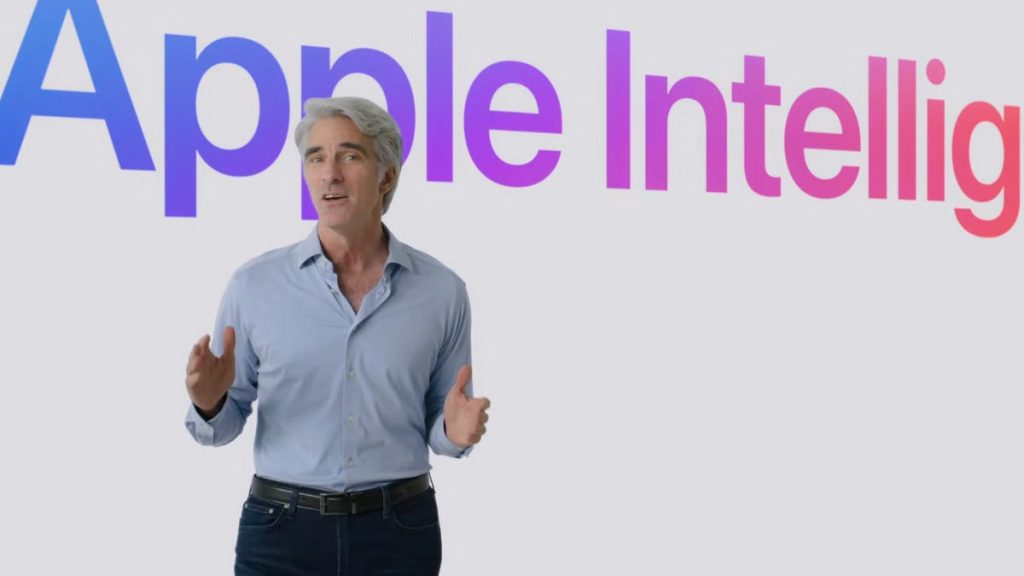In the WWDC 2024 keynote presentation, Apple focused on its upcoming machine-learning features for iPhones, iPads, and Macs, but surprisingly mentioned the term “AI” only three times. This is in stark contrast to Google, which emphasized “AI” over 120 times during its recent I/O keynote. Apple seems to be marketing AI as “Apple Intelligence” to differentiate itself from competitors like Nvidia and Microsoft. Some of the AI-powered features showcased by Apple include email proofreading, audio transcription, and image editing, all of which are also available on other devices.
Apple’s unique approach to AI may be influenced by its loyal customer base, which tends to stick with Apple products and platforms. The company’s focus on ease of use and aspirational design has cultivated a strong following that is less likely to switch to other brands. While Apple may not be as vocal about AI as its competitors, it has still managed to become a $2.6 trillion entity. However, some argue that Apple’s cautious approach could be seen as a delay in responding to the advancements made by rivals in AI technology.
Despite not aggressively promoting AI, Apple has announced a partnership with OpenAI, a significant player in the AI space. This collaboration could potentially elevate Apple’s AI capabilities and appeal to a broader audience. By positioning “Apple Intelligence” as a background element rather than a primary focus, Apple may navigate concerns related to generative AI, such as deepfake abuses. The company’s approach reflects a balance between caution and innovation, ensuring that new features benefit users without compromising quality.
Critics speculate that Apple’s subdued approach to AI might be a strategy to avoid hurriedly releasing technology that could lead to embarrassing missteps, similar to incidents involving Google’s AI. Google’s hasty rollout of AI features resulted in errors like generating inappropriate images and inaccurate recommendations. Apple’s deliberate pace may stem from its confidence in a loyal customer base willing to pay a premium for reliable products. While some view Apple’s method as cautious, others believe it is a strategic move to prioritize user experience over rapid technological advancements.
Overall, Apple’s choice to brand its AI features as “Apple Intelligence” and maintain a subtle presence in the AI space highlights its dedication to user-focused innovation. By aligning AI capabilities with existing product offerings, Apple aims to enhance user experiences without overwhelming consumers with technical jargon. As the company navigates the evolving landscape of AI technology, its partnerships with industry leaders like OpenAI may pave the way for further advancements in AI integration across Apple devices.


